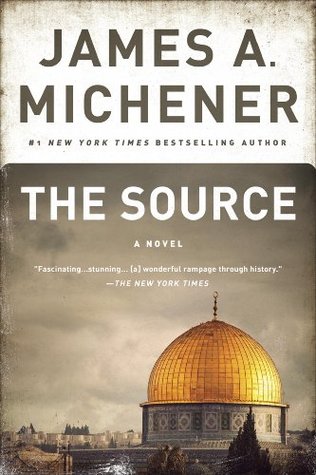More on this book
Community
Kindle Notes & Highlights
“I don’t bother about specific cases,” Vered replied. “I only know that the wise old grandmothers were right.”
“What do you own? Really?” Reich countered. “Your education. Your force of character. Your family. Do you really own the other things? Or do they own you?”
And the anguish that Ur knew that night—the mystery of death, the triumph of evil, the terrible loneliness of being alone, the discovery that self of itself is insufficient—is the anxiety that torments the world to this day.
they would be rites insisted upon by the people, who within limits received the kinds of gods they were able to imagine.
“He talked like a madman,” Uriel replied, “and madmen bring war.”
According to the ancient laws of the Hebrews the weak had rights, the pauper had a claim upon the charity of his neighbors, taxes were allocated fairly and punishment could not be capricious.
The complaisant town of Makor with its amiable gods could never have produced Yahweh; that transformation required the captivity in Egypt, the conflict with the Pharaohs, the exodus, the years of hunger and thirst in the desert, the longing for a settled home and the spiritual yearning for a known god … these were the things required for the forging of Yahweh.
“Just as our bodies must climb to reach Jerusalem, so will our souls have to climb their spiritual hills to reach Yahweh.


